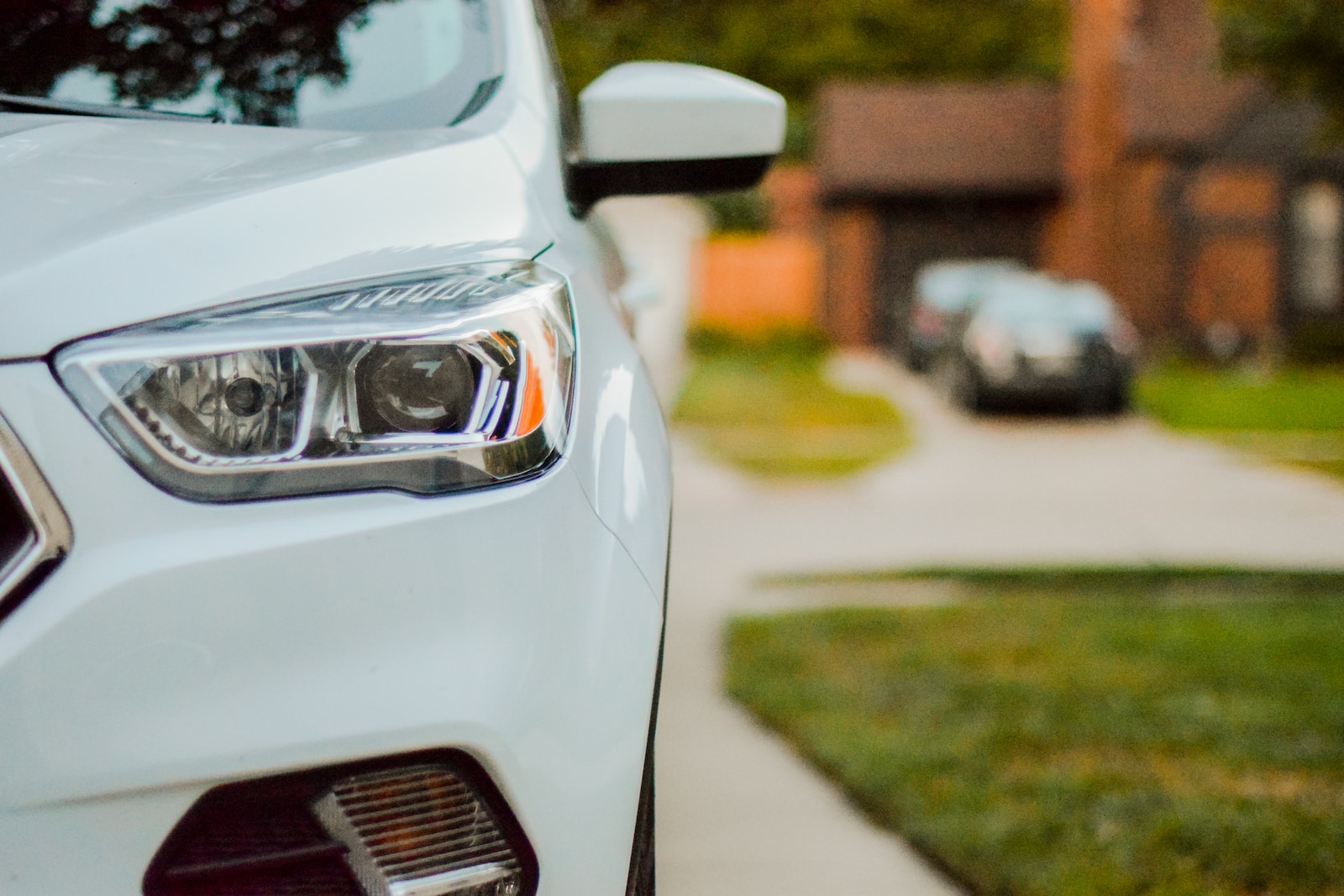Share this article with your network of friends!
For many seniors, their cars have been faithful companions on countless journeys throughout their lives. As the years go by, the question of how long to keep a car becomes increasingly relevant. Balancing safety, reliability, and financial considerations, determining the lifespan of your vehicle is an important decision. In this article, we’ll explore factors to consider when deciding how long should you keep your car and offer guidance to help you make an informed choice that aligns with your needs and preferences.
1. Mileage Matters, But It’s Not Everything
The odometer reading often serves as a primary indicator of a car’s age, but it’s not the sole determinant of its overall health. Modern vehicles are designed to last longer than ever before, and with proper maintenance, many can easily reach 200,000 miles or more. Regularly scheduled maintenance, including oil changes, brake inspections, and fluid replacements, can significantly extend your car’s lifespan.
2. The Impact of Technological Advancements
The rapid pace of technological advancements in the automotive industry is undeniable. Newer cars often come equipped with advanced safety features, improved fuel efficiency, and enhanced entertainment systems. However, this doesn’t mean older cars are obsolete. If your current vehicle meets your needs and is well-maintained, it might still provide a safe and comfortable driving experience for years to come.
3. Evaluating Maintenance and Repairs
As your car ages, the frequency of repairs might increase. While some seniors enjoy performing minor repairs themselves, others may prefer the convenience of having a mechanic handle the work. Consider the cost of repairs versus the value of your car. If the cost of repairs starts exceeding the car’s worth, it might be a signal that it’s time to consider a replacement.
4. Safety First
Safety is paramount, especially for seniors. Newer cars often come with advanced safety features such as automatic emergency braking, lane departure warnings, and blind-spot monitoring. If your current car lacks these safety features and you’re concerned about staying safe on the road, upgrading to a newer model could provide peace of mind.
5. Changing Lifestyle Needs
Retirement often brings changes to lifestyle and transportation needs. If you no longer require a vehicle for long commutes or road trips, downsizing to a smaller car or exploring alternative transportation options might be worth considering.
6. Sentimental Value
Cars can hold sentimental value, often reminding us of cherished memories and adventures. If your car has been a part of your life’s journey, it’s understandable to want to keep it around. Just remember to balance sentimentality with practicality and ensure that the car remains reliable and safe to drive.
Conclusion
The decision of how long to keep your car is a complex one that depends on various factors, including your vehicle’s condition, your safety requirements, and your evolving lifestyle. Regular maintenance and attentive care can prolong your car’s life, while advancements in technology offer attractive options for upgrading. Ultimately, the choice comes down to your personal priorities and circumstances.
As you navigate this decision, consult with trusted mechanics, family members, and friends. Their insights can provide valuable perspectives to help you make an informed choice. Whether you decide to continue driving your trusted companion for a few more years or opt for a newer model, remember that the goal is to ensure your safety, convenience, and enjoyment on the road.
DISCLAIMER: This website contains articles for informational and entertainment purposes only. No articles on this website should be considered as professional advice for any medical, legal, or financial matter. Advertisements and content may contain affiliate links, where the website earns a commission for sales derived from our users.





